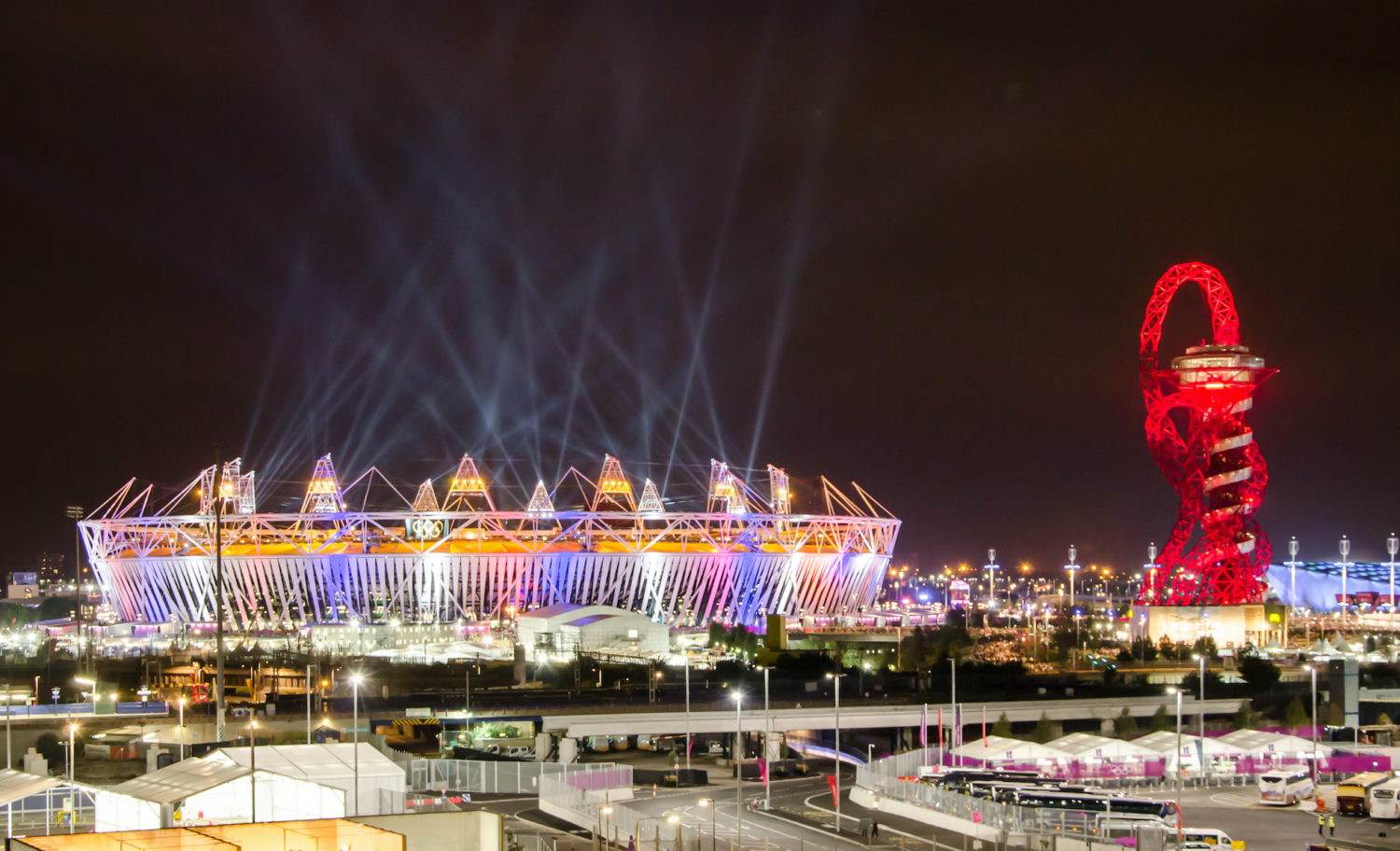A moment of reckoning
In the darkest of times, the UK must once again act as a progressive force in the world, writes Lisa Nandy MP.
Covid-19 is an undeniable reminder that we are only as strong as the most vulnerable. When the virus hit, our underfunded public services and overworked frontline workers were called forward, while so many families without savings or rights at work faced heartbreaking choices. The decisions of the last decade have left us without resilience at the moment we most needed it. The outpouring of thanks for our frontline workers has lit a spark of hope that maybe we will come out of this a changed country and build back better.
This sentiment matters as much globally as it does locally. There is no solution to Covid-19 at home without a solution abroad. But our global relationships are fractured and at the moment when the world needs to come together, we are breaking apart. It is time for the UK to step forward, recover our lost ambition and become a country again that acts as a progressive force in the world once more.
Change will not come from elsewhere. After three-quarters of a century, the United States has abandoned its global leadership role – withdrawing support for the World Health Organization, repeatedly delaying the G7 and turning its back on the global battle against climate change. Into the void has stepped China, whose reach and influence has increased steadily in the last decade, most notably through the ‘belt and road’ initiative which invests heavily in projects across the world. In many developed countries the Chinese government, or state-backed firms, now own key infrastructure and have used this influence to block global cooperation on issues as important as the use of chemical weapons in Syria, the Covid-19 pandemic and the defence of democracy in Hong Kong.
Growing tensions between the two superpowers have led to comparisons with the Cold War but the challenges of 2020 are fundamentally different and inherently more complex. China is accused of covering up the Covid-19 outbreak and has shown increasing disregard for international law. But the ‘America first’ approach pursued by the current US administration has morphed during the pandemic into an ‘America only’ scramble for exclusive access to a vaccine. This is a choice that leaves Britain between a rock and a hard place, evidenced best by the decision, since reversed, to award a 5G contract to Huawei, a move designated as high risk by our own security services. This is the dilemma in a nutshell: we must build greater strategic independence but closely protect constructive engagement with the US and China. From the global pandemic to climate change, our fates are intrinsically bound together. That is why a binary choice between China and the US is no choice at all. There must be a third pole on the landscape.
With Britain out of the EU and clear tensions emerging between EU partners during Covid-19, there is no ready-made solution. Other countries have seen this dilemma and stepped forward to show global leadership in these troubled times. Australia led efforts to co-ordinate the search for a vaccine, while France led the charge for a global ceasefire. But Britain, for all its lofty rhetoric about ‘Global Britain’, has been largely absent. This cannot continue. The world needs a D20 alliance – European countries partnering with democratic allies like New Zealand, Australia, Japan and South Korea – to work together on tackling conflict, in defence of the democracy and human rights that form the basis of our alliances around the world and to ensure that when the world most needs it, we are able to step forward together. Whether it is the challenges posed by Iran or Russia, climate change, global poverty or Covid-19, the world needs cooperation if it is to be safer, more secure and far more stable.
This is a leadership role Britain has played before but it is different from the Tory vision of a small island nation that punches above its weight. From William Hague’s global initiative on preventing violence against women and girls to international action on climate change spearheaded by Gordon Brown and Tony Blair and from the extraordinary role Paddy Ashdown played in the Balkans to the multilateral disarmament programme led by Margaret Beckett, Britain has at times gone out into the world and provided light, not might – building alliances, to bring about change together.
To do this again the UK must change course. We have earned a reputation as an alliance breaker in recent years. Now is the time to become an alliance maker. Only this month the UK worked with Canada and Australia to stand up to Chinese aggression in Hong Kong. Now we must go further.
We must act quickly to defend the rule of law, democracy, free speech and human rights around the world. These values are the basis of our alliances around the world and in many countries under cover of Covid-19, from Hong Kong to Turkey, they are being steadily eroded.
We must use the alliance of democracies to prevent crucial decisions about fair tax laws, employment rights, climate change, foreign investment, energy or 5G from becoming pawns in a power game between global superpowers, throwing our values aside for commercial gain.
We need to take action now to protect the institutions that give us reach and influence across the world. The BBC World Service awaits a decision about long term funding and is itself part of an institution that comes under frequent attack from politicians on all sides of the political divide. From Imperial College to Manchester University, our red brick universities are global leaders in research and collaboration, but they are struggling to close the funding gap left by falling numbers of overseas students. The British Council has seen its income fall dramatically as students across the world stop taking exams. It needs help now.
We need a strategic cross-Whitehall group to develop and implement a strategy in relation to the rise of China. National security and our commitment to human rights, for the Uighur Muslims, the people of Hong Kong and the people of Taiwan, cannot be compromised in the search for growth and trade, especially as Britain seeks to rebuild after the pandemic.
We must restate our commitment to the principle of transparent and effective aid, distinct from our trade objectives, and to accessible finance for the world – all the more important in light of the government’s decision to merge the Department for International Development into the Foreign and Commonwealth Office. We cannot allow poorer countries, or failing companies, to see Chinese investment as the only option open to them.
We must not give up on Syria, Libya, Yemen and other parts of the world experiencing conflict. If our existing institutions cannot unite countries behind a lead negotiator, let’s build coalitions of the willing and redouble our efforts to solve these longstanding and brutal conflicts.
And we should not give up on those multilateral institutions – the G7, G20, UN, Commonwealth, WHO and NATO – however challenged. For all the tensions that have surfaced across the European Union in recent months, ultimately a financial package was agreed that protected the southern states without fracturing this important coalition. Through the World Health Organization and vaccine alliance the Coalition for Epidemic Preparedness Innovations (CEPI), medical and scientific researchers from countries across the world have continued to cooperate for the good of humanity even as politicians failed. And while reform of these institutions is badly needed, no global institution can survive without political support and we must give it.
This agenda will take a level of ambition that has been curiously lacking in Britain for a decade. For all the talk of Global Britain, the populist right often suggest that Britain can only prosper under the protection of the USA. But the left is not immune to this sentiment either, suggesting that outside of the formal structures of the EU the UK has no chance. Neither of these narratives offer any hope or a route to something better.
This is the moment, when the world faces a moment of reckoning, when we will choose to pull together or pull apart. Populist nationalists across the word have wasted little time in scapegoating migrants, attacking global institutions, arguing for vaccine nationalism and suspending human rights, democracy and press freedom indefinitely. They must not succeed.
That is why I am determined that the Labour party will not be commentators but active participants in the battle ahead. We have remained in PES, the progressive grouping of socialists across Europe, as a signal of the solidarity that will be needed, as well as a practical arrangement that will help us to carry the torch forwards. We are working with progressive leaders from countries like New Zealand where we are in power, and sister parties in countries like Germany where we are in opposition, to battle for a world which is open, caring, resilient and secure. It is a fight we are determined to win.
The challenges we face are vast – climate change, war, violence, populism, nationalism and poverty. But to these we should add defeatism. After the second world war we built the global institutions that held the peace and acted as a force for good for the decades that followed. In the darkest of times, we have been the light on the hill and we must be again. This is, in the end, not simply about our international relations but about who we are. Recently I asked Danny Boyle, the architect of the 2012 Olympics opening ceremony, where the self-confident, outward-looking, proud, diverse country we celebrated that night had gone. He was adamant we are still that country, but we desperately lack leaders who can give both voice and meaning to it. That is Labour’s mission – and we will not fail.
Image credit: Flickr/Alexander Kachkaev

